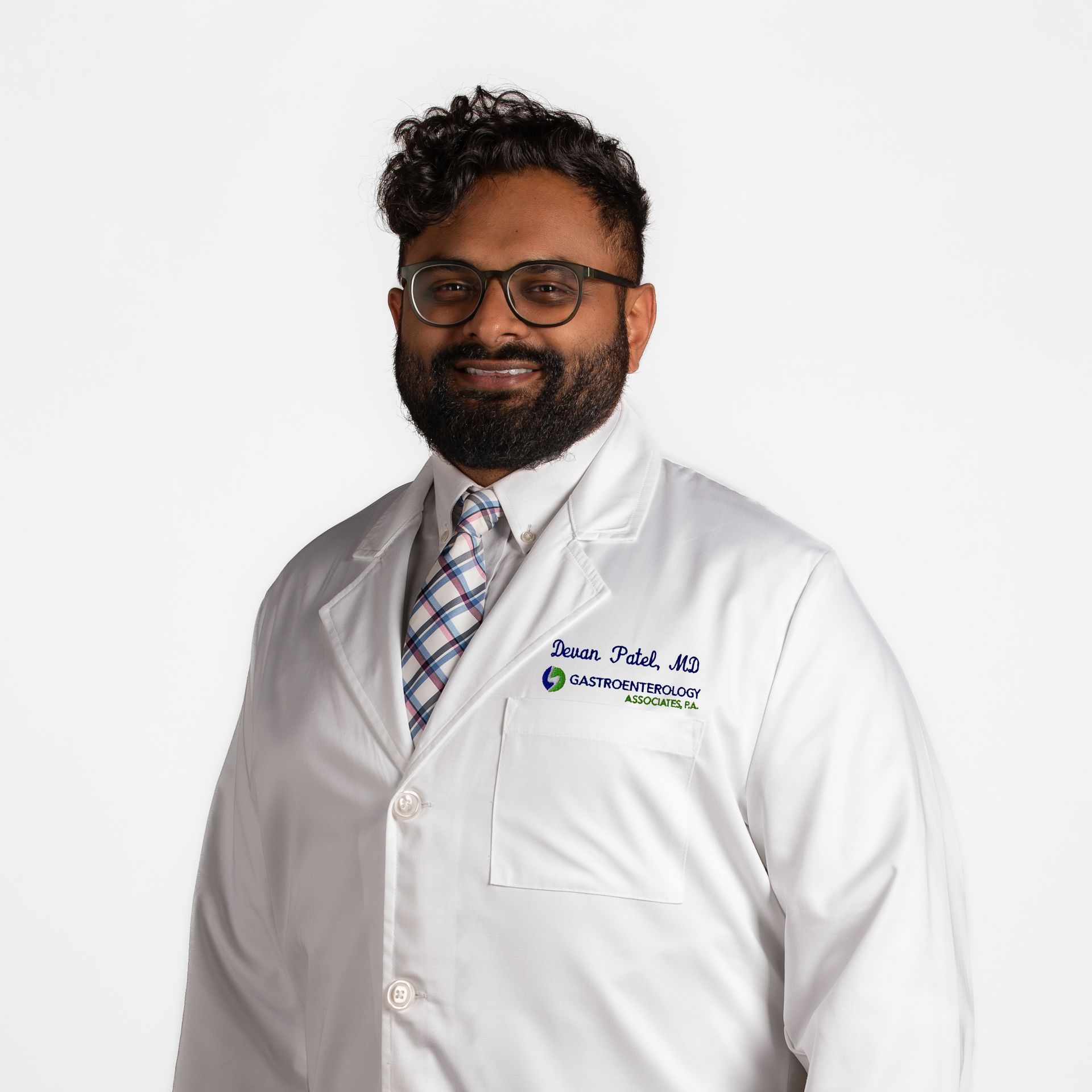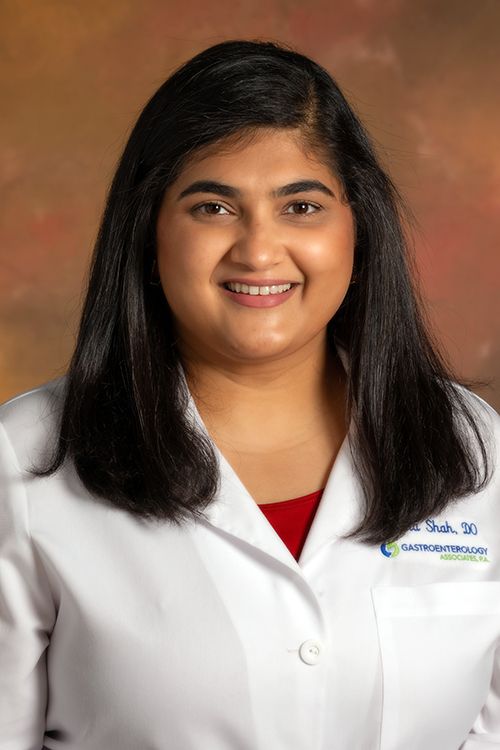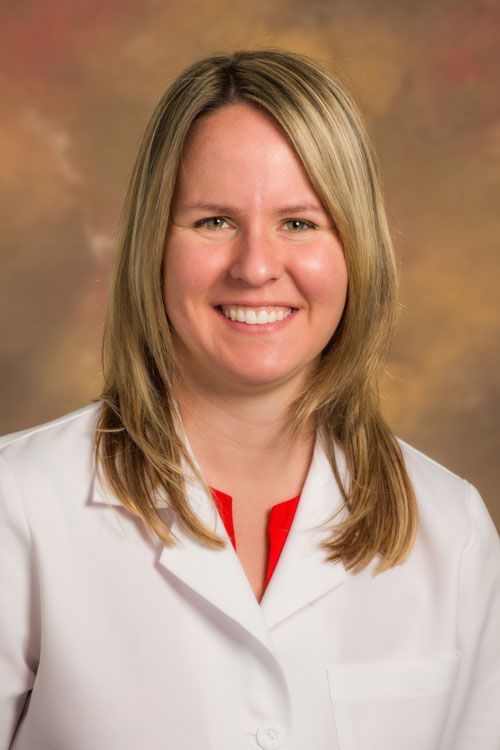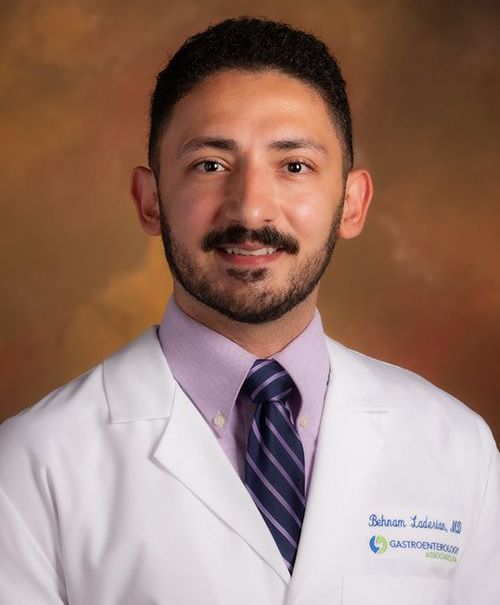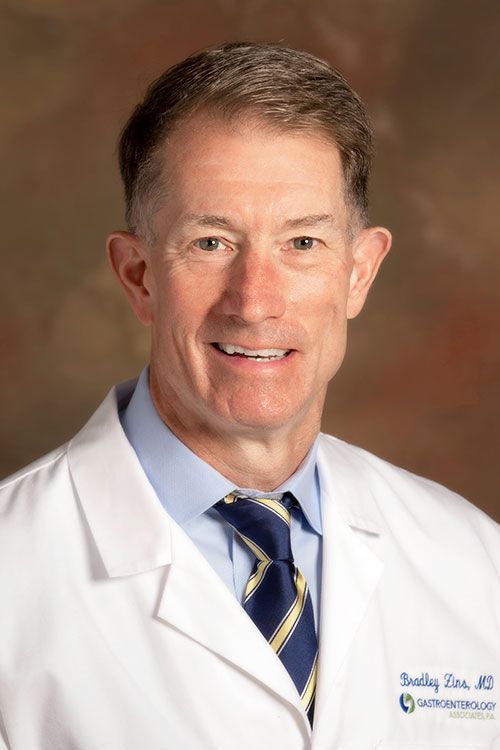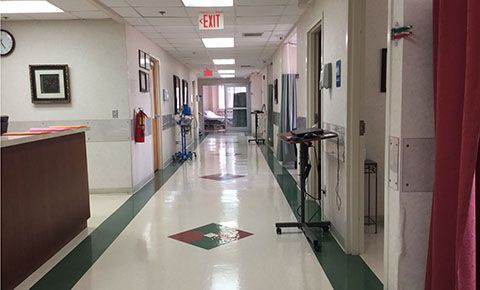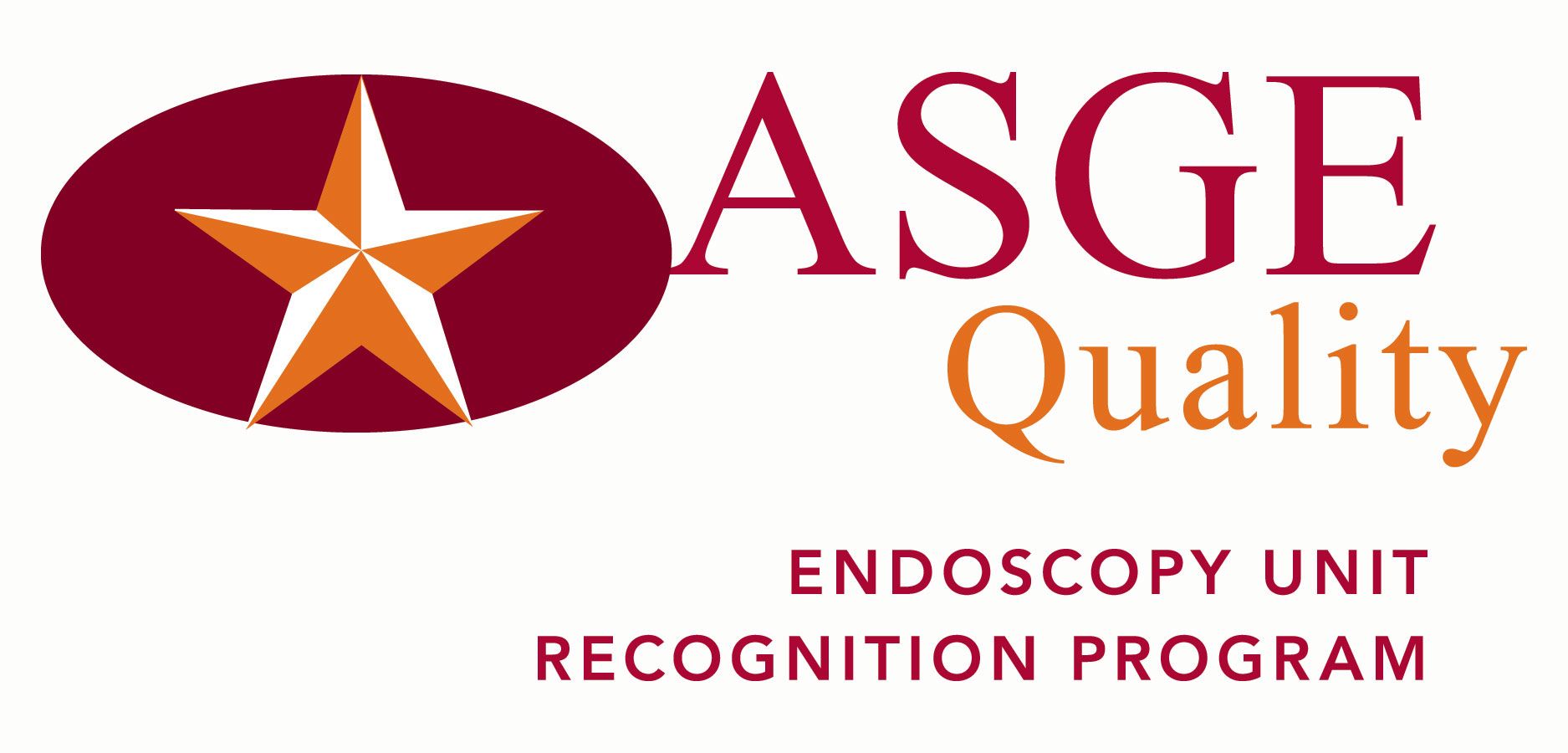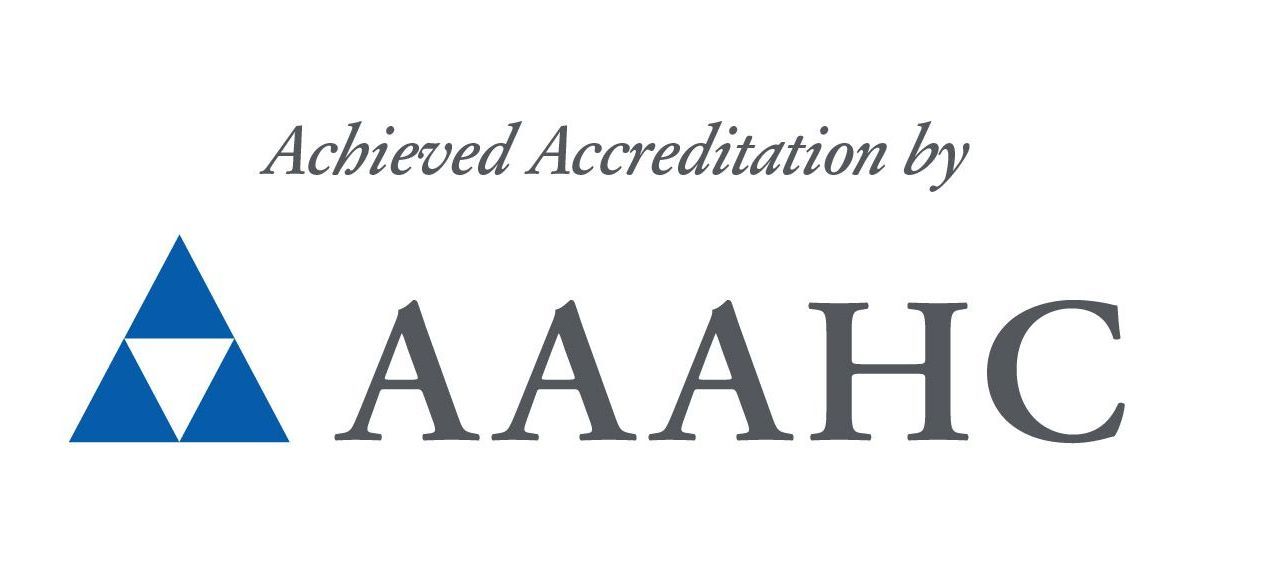Screening Colonoscopy Could Save Your Life.
As published in the Hickory Daily Record
The newest guidelines from the American Cancer Society recommend people at average risk of colorectal cancer start regular screening at age 45. Previous screening guidelines started at age 50. Studies show rates of colorectal cancer among people younger than 50 are on the rise, according to the American Cancer Society.
The recommendation to lower the age to 45 to begin colorectal cancer screening has also been endorsed by the U.S. Preventative Services Task Force (USPSTF), as well as the American College of Gastroenterology, American Society for Gastrointestinal Endoscopy, and the American Gastroenterological Association.
High-risk individuals, such as those with a family history of colon cancer and other conditions, should begin screening earlier at age 40, or 10 years earlier than when the affected family member was diagnosed.
Early detection is essential when treatment can be very effective. Both men and women are affected equally. Even people who lead a healthy lifestyle can still develop polyps and cancer.
Colorectal cancer is often called the silent killer since advanced disease is often present once symptoms occur.
Prevention is key.
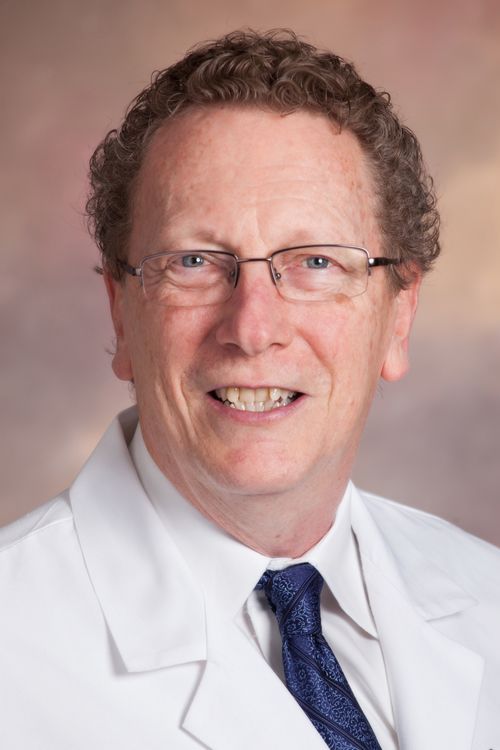
Colorectal cancer is largely preventable through regular screening with colonoscopy. A colonoscopy screening exam is safe, cost-effective, and typically well-tolerated.
Colonoscopy is the gold standard in colorectal cancer screening. It is the preferred colorectal cancer screening test because it is the only test that both finds and removes precancerous polyps during the same exam. This potentially prevents cancer from ever occurring.
Popular stool-based tests are poor at detecting colon polyps and do not offer the same degree of protection. Stool tests are not approved by the U.S. Food and Drug Administration (FDA) for high-risk patients.
Most colorectal cancers arise from precancerous growths in the colon called polyps which can be found during a screening exam and removed before they turn into cancer.
It is critical that the screening exam is of the highest quality, or else cancers, known as “interval cancers,” can, unfortunately, occur before the next recommended exam. The best protection is provided by gastroenterologists who are skilled at finding precancerous adenomas, measured by the Adenoma Detection Rate.
A person at average risk with normal colonoscopy results will not need another exam for 10 years. Should a polyp or cancer be found, follow-up intervals may be more frequent.
Colorectal cancer is the second leading cause of cancer death in North Carolina. Overall, the lifetime risk of developing colorectal cancer is about 1 in 23 for men and 1 in 26 for women, according to the American Cancer Society.
Each year, more than 140,000 people are diagnosed with colorectal cancer in the U.S. and over 50,000 people die from it.
In our area, colon cancer has decreased by more than 30% over a ten-year time span, according to Dr. Caroll Koscheski with Gastroenterology Associates. Much of this progress can be attributed to more people getting screening colonoscopy exams and increased screening efforts.

How to Lower Your Risk of Colorectal Cancer
Get regular colorectal cancer screenings beginning at age 45. If you have a personal or family history of colorectal cancer or colorectal polyps or a personal history of another cancer or inflammatory bowel disease, talk to your healthcare provider about earlier screening. Be sure your exam is performed by a gastroenterologist with a proven record of a high Adenoma Detection Rate.
Eat a healthy low-fat diet rich in antioxidants.
If you use tobacco, quit. Tobacco use increases your risk of colorectal cancer. If you don’t use tobacco, don’t start.
Exercise for at least 30 minutes three to four days each week. Even moderate exercise such as walking, gardening, or climbing steps may help reduce your risk.
Reduce weight. Obesity is now a well-established risk factor for colon cancer and many other chronic diseases.
